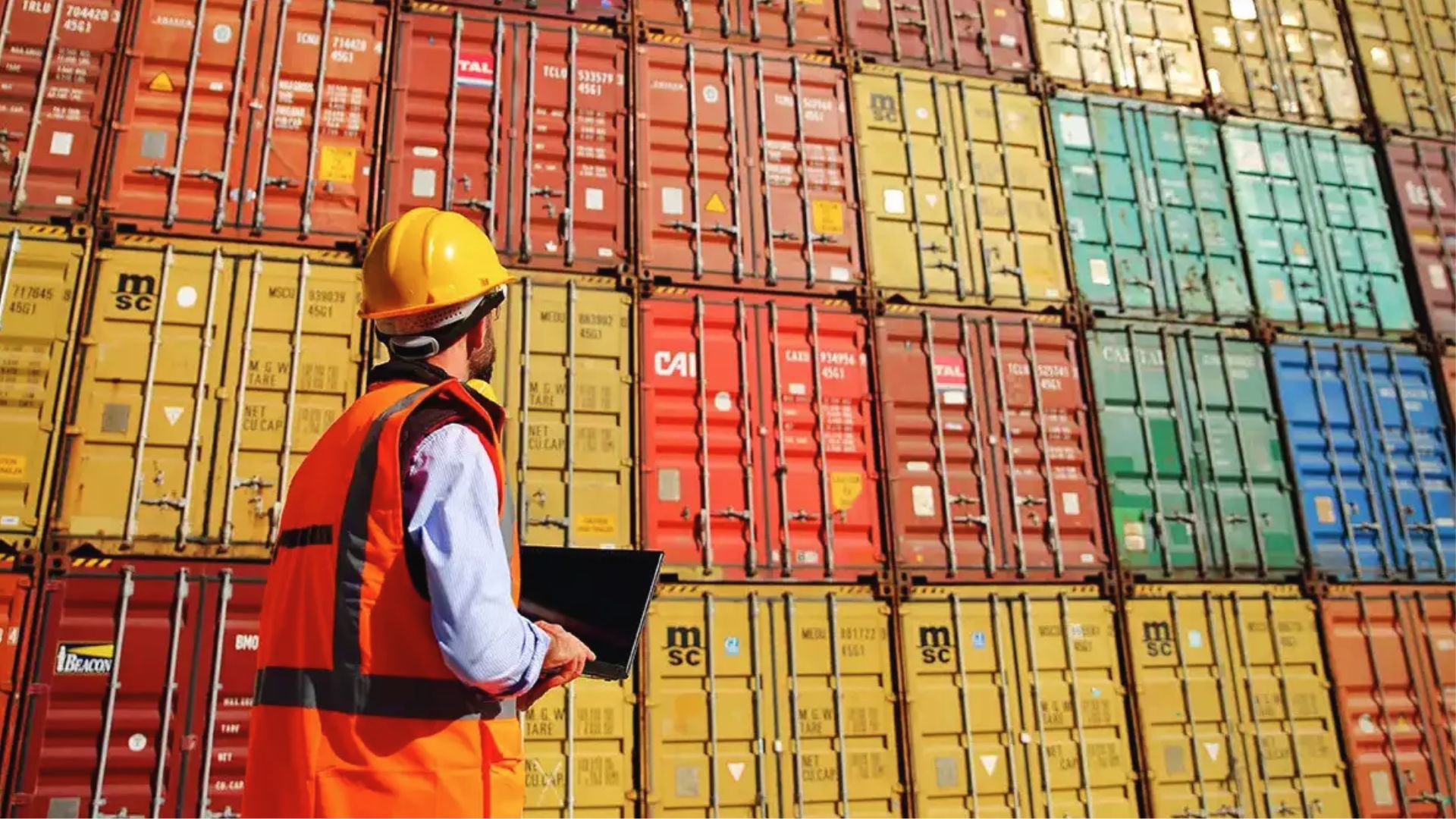Norms fixation is a critical process within the realm of international trade, particularly in the context of export-import regulations and policies. It involves the establishment of predetermined standards or norms regarding the quantity and value of inputs that can be imported or exported for specific goods or products. These norms serve as guidelines for determining the eligibility of exporters to avail benefits under various incentive schemes, such as duty drawback or duty exemption schemes. Norms fixation is typically carried out by government agencies or regulatory bodies responsible for trade policy formulation and implementation, with the aim of ensuring transparency, fairness, and consistency in trade practices.
The process of norms fixation entails a thorough assessment of various factors, including the nature of the product, its production process, and prevailing market conditions. By establishing standardized norms for input-output ratios, quality parameters, and other relevant criteria, authorities seek to promote efficiency, competitiveness, and value addition in trade transactions. Moreover, norms fixation helps prevent misuse or abuse of trade incentives by ensuring that benefits are extended only to exporters who comply with prescribed standards and demonstrate genuine export performance.

Furthermore, norms fixation plays a crucial role in facilitating trade facilitation and enhancing the ease of doing business by providing clarity and certainty to exporters regarding the requirements and conditions for availing trade incentives. By establishing clear and transparent norms, authorities create a predictable environment for exporters, reducing compliance costs and administrative burdens associated with trade documentation and procedures. Additionally, norms fixation fosters trust and confidence among stakeholders, including exporters, importers, and regulatory authorities, thereby promoting a conducive atmosphere for trade and investment. Overall, norms fixation is a vital aspect of trade policy formulation and implementation, contributing to the efficient functioning of international trade and the promotion of economic growth and development.
